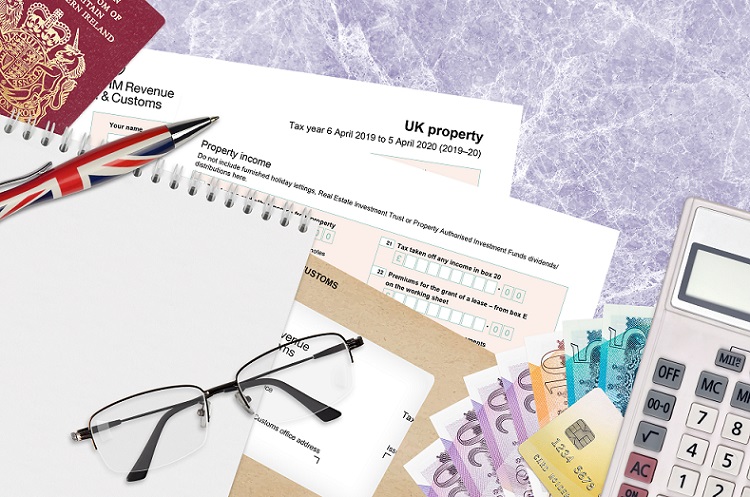Death duties are a form of taxes in England and Wales that can be charged on the estate of someone after they have died if its value is over a certain threshold. It is the responsibility of the executor of the person’s Will, or the appointed manager of their estate if no Will has been written, to make sure the amount payable is calculated correctly and paid in full.
Death duties are also known as inheritance tax and are paid to the Inland Revenue (HMRC). A person’s estate normally comprises their property, money/business interests and personal possessions, such as vehicles, jewellery, antiques etc. Provisions can be made to help reduce or even eliminate the need to pay inheritance tax or death duties. A family solicitor can help you navigate your way through the arrangements and preparations through careful Will writing or liaison with a financial advisor.
How much do death duties cost?
The current standard rate of tax for inheritance tax, or death duties, is 40%. Death duties are not payable on the entire worth of the estate left behind. The tax is only calculated on the portion above the threshold. This threshold is set by the Government and can be raised or lowered as part of Budget speeches or other changes to the law.
At the current time of writing (May 2022), the threshold below which you do not need to pay any death duties on an estate in England and Wales is £325,000. The executor still has to inform HMRC of the death and estate value as part of their death duties, regardless of their value.
Beneficiaries, or the people and organisations you formally name when writing a Will who is due to receive part or all of your estate below the threshold amount do not need to pay tax on their inheritances. The only exception is where an unrelated tax becomes due as a consequence of their inheriting it, such as paying income tax on rental income from a house after it has been gifted to them in your Will.

There are other circumstances where death duties are either reduced or not required by HMRC. For example, when a person’s estate is worth less than the threshold in its entirety. No tax is due at all on the estate because it doesn’t meet the minimum value to become liable for death duties, or inheritance tax.
Here are some more situations where death duties are not involved:
1. Between Spouses And Civil Partners
Additionally, no tax is payable on an estate (however large it may be) if it is left to the person’s married spouse or civil partner, or to a charity or community amateur sports club. However, this is NOT the case for couples who are unmarried or co-habiting. So, writing a Will is vital if this applies to you and you want to be sure that your estate will pass to your partner.
If someone does not leave a Will at the time of their death, the distribution of their estate is carried out under intestacy laws. There is a fixed order of relatives who can inherit, or everything passes to the Crown if no one can be found who qualifies.

2. Business And Agricultural Reliefs
Other reliefs or exemptions exist that can help lower tax obligations further, including business and agricultural exemptions for passing on commercial assets, farms or woods or forests. For example, business accounts, stock or buildings could fall under this category, as well as farmland, equipment and woodland. A business or farming Wills and inheritance tax expert would need to offer more specialist advice on these types of situations.
3. Gifts During Your Lifetime
Another way to pass on money to loved ones and causes close to your heart without incurring death duties is to do so while you are still alive. This form of inheritance does not need to be included in Will writing, as it is all sorted out while you are alive. It is wise to keep proper records of gifts over a certain value, however, in case queries are raised by the executor or HMRC while your estate is settled.
You currently have a tax-free gift allowance of £3,000 per tax year – any gifts under that amount are not liable for inheritance tax. Should you die within seven years of a gift being given, it may become liable for death duties, depending on the amount and purpose of the gift.
For example, money gifted to support members of the family who are studying or getting married, and donations to a charity can be exempt. If you give your home to a child (including adopted, fostered and stepchildren) or grandchild, the death duties threshold for your overall estate can rise to £500,000.
For queries about death duties, inheritance tax and Will writing, a family solicitor specialising in inheritance tax planning, estate distribution and probate will be able to advise. It is always worth seeking professional help for this. Disputes over Wills, inheritance and tax liabilities are difficult to cope with on their own, let alone during a time of bereavement after the death of a loved one.
